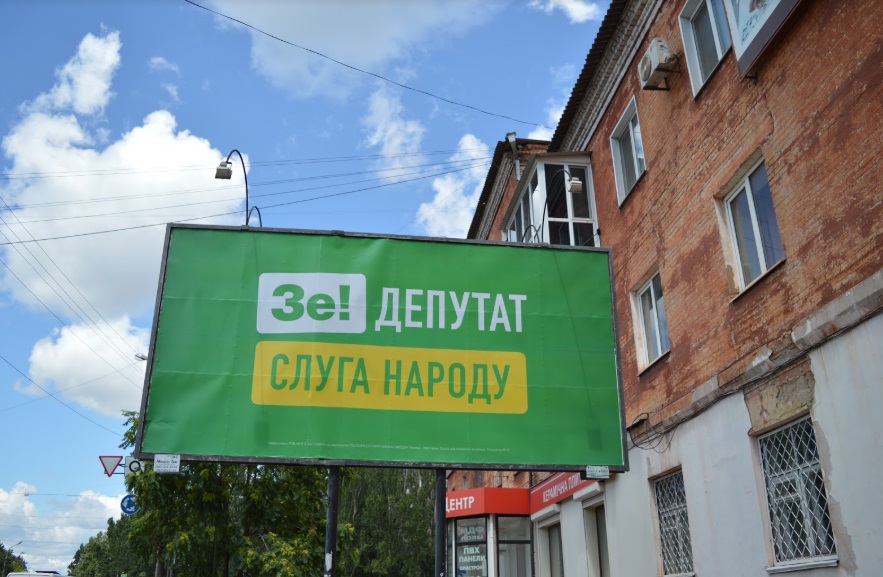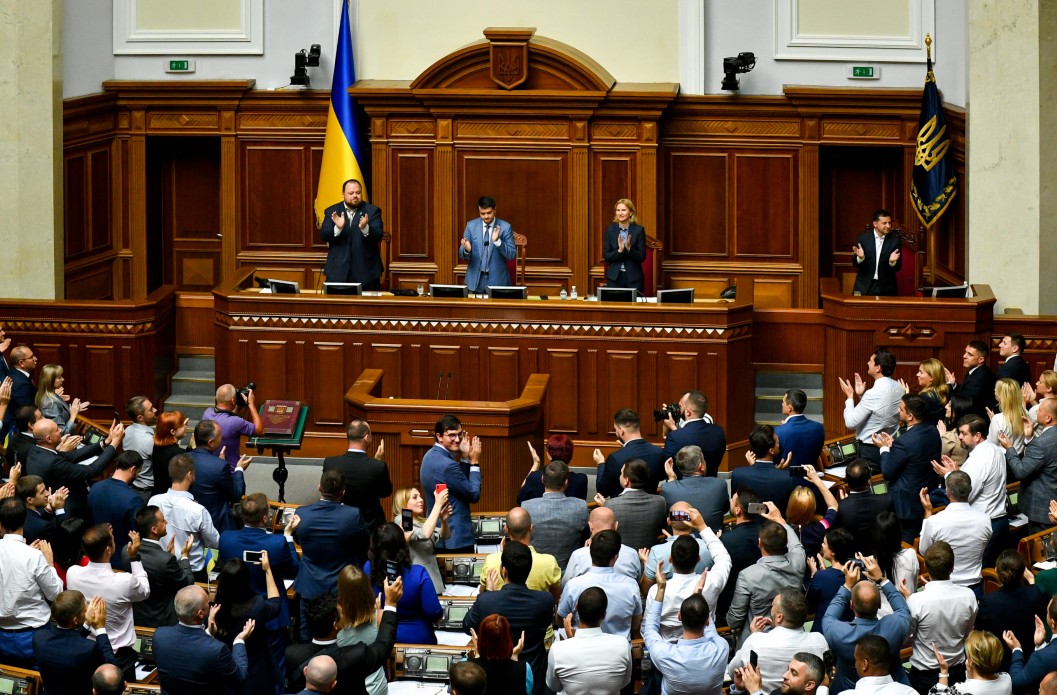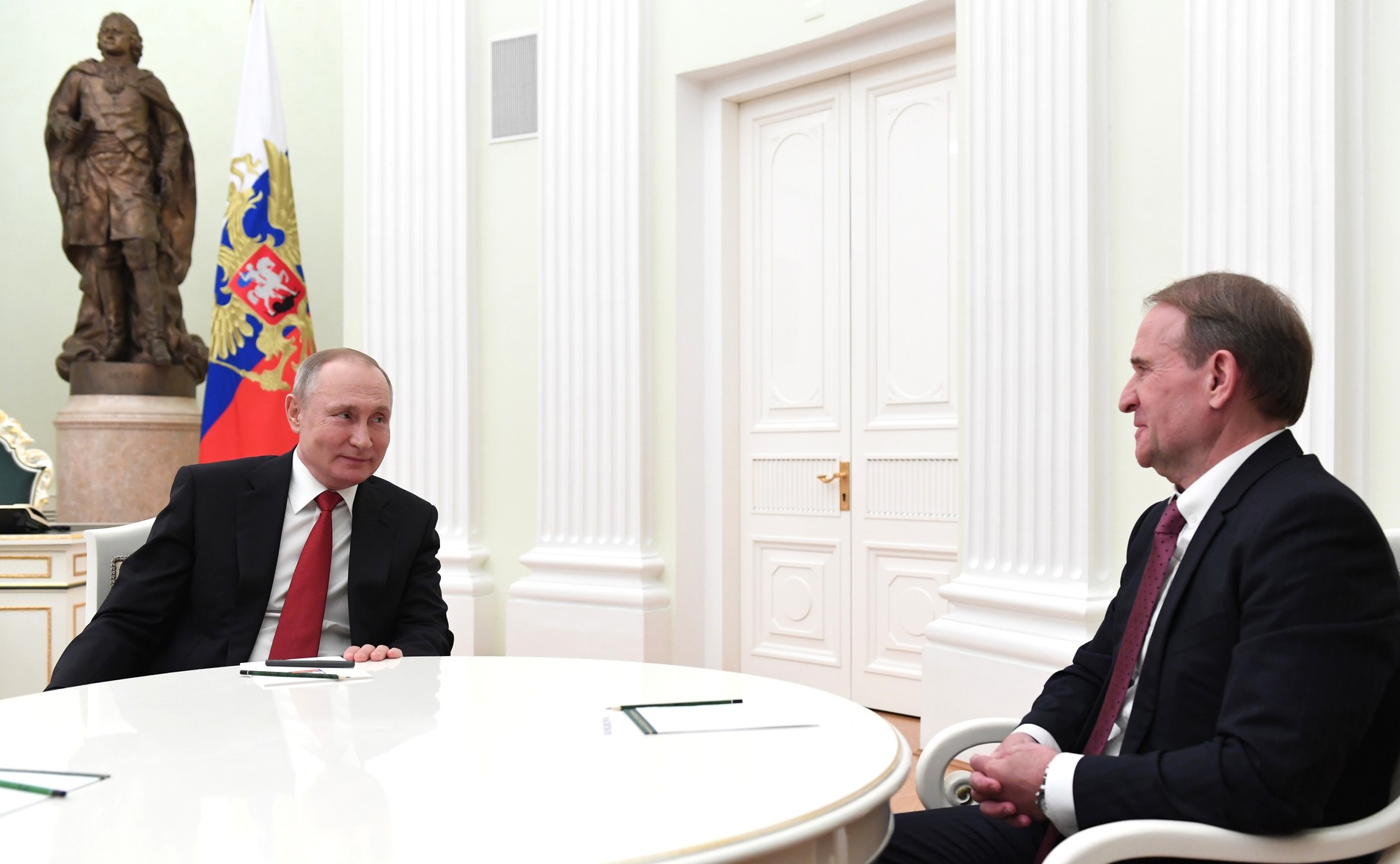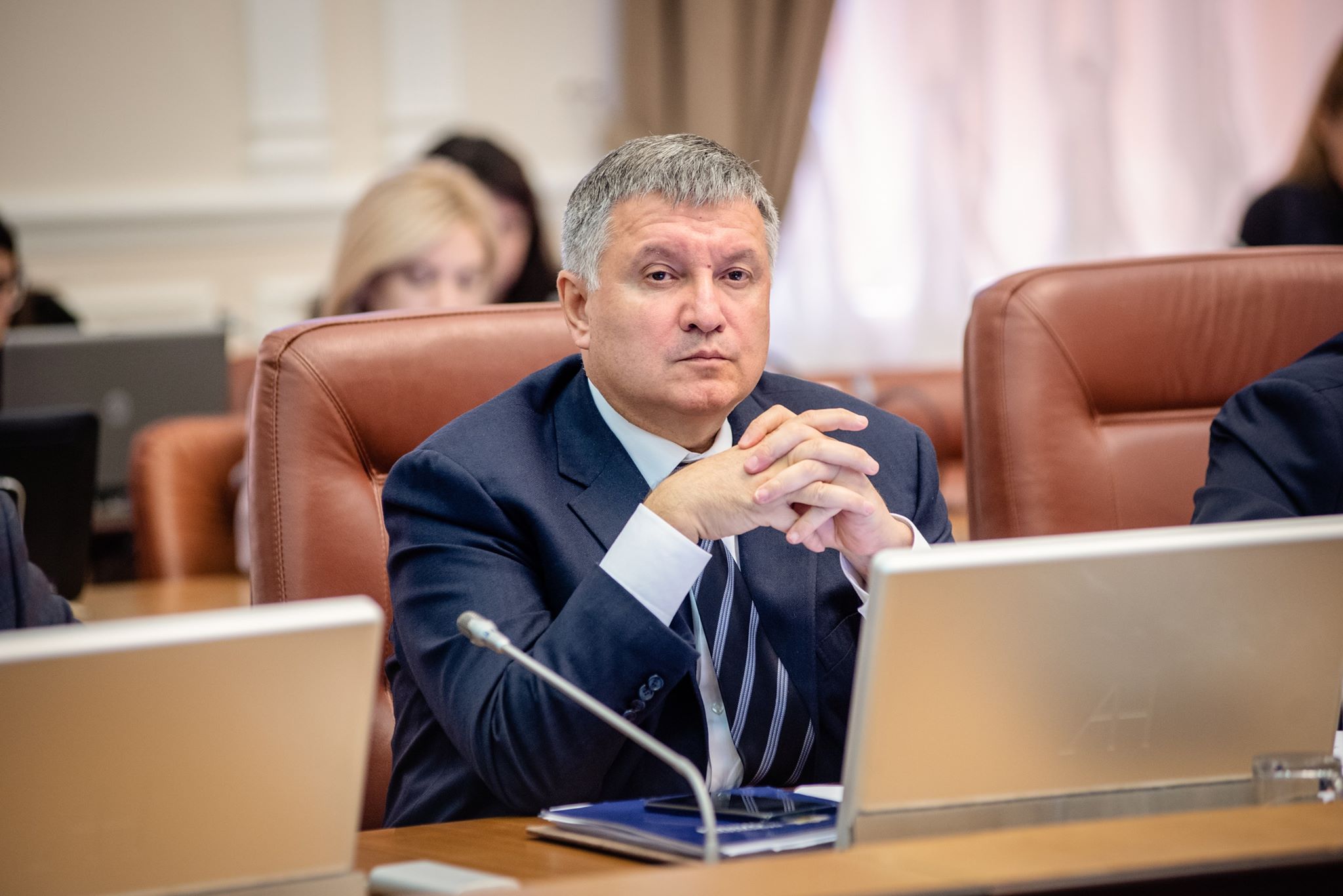On 11 July 2019, the Ukrainian Parliament voted in favor of the Election Code. The main long-awaited change was eliminating corruption involved in the first-past-the-post system and moving totally to a proportional system with open lists. The July 21 early parliamentary elections and maybe even the next elections in 2023 will however still include scandalous voting for candidates from single-mandate constituencies. In particular, there will be 199 MPs elected in such a way out of the total 424, a number which has been cut short of the official 450 due to Russia’s occupation of Crimea and parts of Donbas. The majoritarian system in Ukraine is strongly associated with a variety of instruments of voter bribery, abuse of power, and other misdeeds. This year the battle for parliament seats is also extremely tough, although bribery is not the campaign’s main trend.

During the last five years, and indeed before that too, Ukrainian politicians have opposed the idea of abandoning the majoritarian system, even though officially they were in favor of it being axed. Since presently public relations, not real actions play the most important role for Ukrainian voters, campaigning from single-mandate constituencies is probably the easiest way to get into parliament. If the one has money and corresponding resources, that is. Ukraine has been returning to the majoritarian component or trying to exclude it during the whole 29 years of its independence.
- Read also: Ukraine finally gets a new Election Code. It’s the first step to an effective political system
The first Ukrainian parliamentary elections after the collapse of the Soviet Union were held according to the majoritarian system. Afterward, Ukraine held elections according to the mixed system, then proportional, and then mixed again. This last change took place during the era of the toppled president Viktor Yanukovych and is still in force.
Bribery and abuse of administrative resources have always been the main attributes of the majoritarian system. Bribery was brought to the point of absurdity when people’s votes were simply exchanged for food parcels containing buckwheat. Afterward, buckwheat became the symbol of election bribery. Also, candidates who already had some relation to power, whether local or central, would use state money and resources to build roads, playgrounds, open kindergartens, etc. All of this would be presented as their personal support to the local community.
The voter bribery cases occurred during the 2019 campaign as well. However, the most popular form of manipulation this time is different. If a candidate’s recognizability is the main currency of the elections, president Zelenskyy’s party Servant of the People (Sluha Narodu) is the richest one. The polls predict it will get from 40% up to 50% of votes in the upcoming elections. Such an advantage is reflected in the single-mandate constituency campaigns as well.
50 shades of green
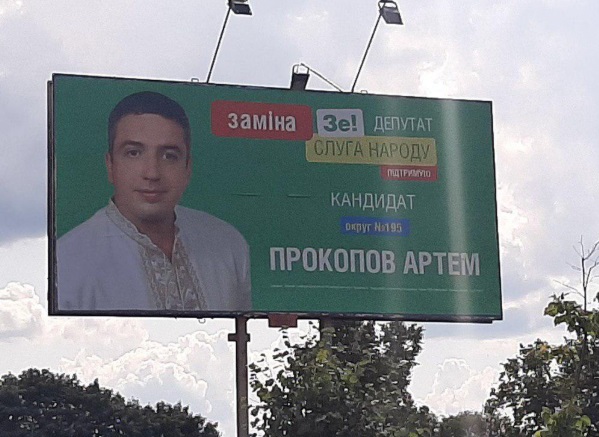
Often voters don’t even want to know who the candidate in single-mandate constituencies is. The main thing to know is that a candidate represents Zelenskyy’s Servant of the People. The popularity of the party makes other candidates fake their belonging to it.
A widespread way to do it is to use the main identification mark of Zelenskyy’s party, which is the color green. Single-mandate constituency candidates use different shades of it on their billboards to pretend they have a connection to the popular president.
Color is not the only form of deception. The party builds its slogans around the word ZE which is a short version of the name Zelenskyy. So those cloning the party build their deceit around the word and the name of the party.
According to OPORA NGO, there are candidates with totally identical spelling in 24 single-mandate constituencies. The systematic cases are mostly related to the party Sluha Narodu and much less are related to the party of the rock-star Sviatoslav Vakarchuk the Voice (Holos). Other cases are isolated.
The NGO notes that the most widespread way to deceive voters is by candidates giving names to the organizations they work for that are similar to Zelenskyy’s party name (the information will be placed in the ballot). The party’s popularity is so high because of the overwhelming support Zelenskyy received at the presidential elections nearly three months ago.
The party even created a platform where a list of fake names can be added to. It is called Zeopark (similar to Ukrainian zoopark – a zoo).
In total, 198 Sluha Narodu candidates will campaign in single-mandate constituencies. Among them are show-business stars, including from Zelenskyy’s Kvartal-95 studio, their relatives and friends, bloggers and businessmen.
Should the party be successful in single-mandate constituencies, it could even form a majority in the future parliament without the need to form a coalition with other parties.
Single-mandate candidates or nothing for oligarch Rinat Akhmetov

MPs have always been a key instrument for oligarchs in Ukraine to lobby their interests. During the last cadence of the Verkhovna Rada (parliament), Ukraine’s richest oligarch Rinat Akhmetov was represented in it by a group of MPs from the Opposition Bloc. After the great split within it, its members campaigned under two different flags: the Opposition Platform For Life (Za Zhyttia) and the Opposition Bloc, which the Akhmetov MPs belong to. While polls predict that the former party will land in second place in the elections, the latter may barely reach the 5% threshold.
Will the richest oligarch lose his representatives in the next parliament if the Opposition Bloc does not enter it?
Akhmetov is a de facto monopolist in the energy market. Referring to a member of the current energy committee in the parliament, liga.net writes that Akhmetov does not need many candidates to exert control. There have to be some beholders who would check the new bills in the key committees, so the interests of the oligarchs will not be offended.
Experts note that in the upcoming elections Akhmetov will bet on single-mandate constituencies, in particular in Donetsk Oblast where his main enterprises are located. Boris Kolesnikov, head of the Opposition Bloc and an Akhmetov associate, told liga.net he expects 15-20 candidates from his party to enter parliament.
According to the experts, the only way for the Opposition Bloc itself to reach the 5% threshold is abusing power, as about 70 mayors are represented in it.
Old-style bribing
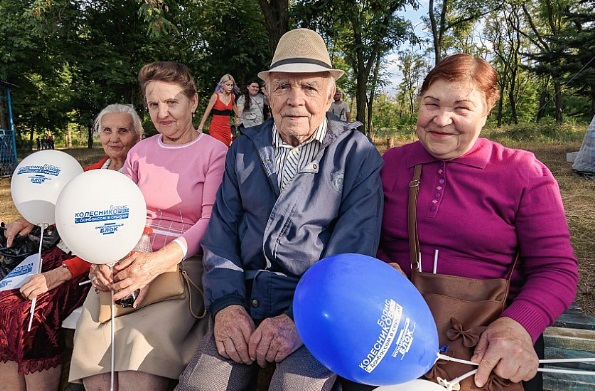
Food, festivals, presents for kids, boasting about developing infrastructure. No matter if it’s pre-revolution time, the year of the Euromaidan revolution, or 2019, all of that still remains as the symbols of the campaigns at the single-mandate constituencies.
During the campaign, OPORA repeatedly informed about the cases. For example, in May-June, in Kirovohrad Oblast, representatives of the NGO registered 26 cases of indirect campaigning of the current MPs who abused the topic of allocation of state subsidies to ramp up support for themselves. In particular, they built their campaign on boasting about repairing roads, reconstruction of blood transfusion stations, the purchase of a solid-fuel boiler for the ambulatory, and the installation of eight doors in residential buildings. All these incidents were, in fact, not achievements of the MPs but subventions from the state budget.
In July, in Odesa OPORA observers registered presents being handed out to kids on behalf of a candidate.
The movement CHESNO points out that free concerts of popular bands and singers campaigning for candidates can also be a form of voter bribery.
Previously, the organizations dealing with elections stressed that eliminating the single-mandate constituencies itself is not a silver bullet for healing the Ukrainian election system. Another key thing is to make politicians stick to election legislation and for proper responsibility for its violation to be implemented.

